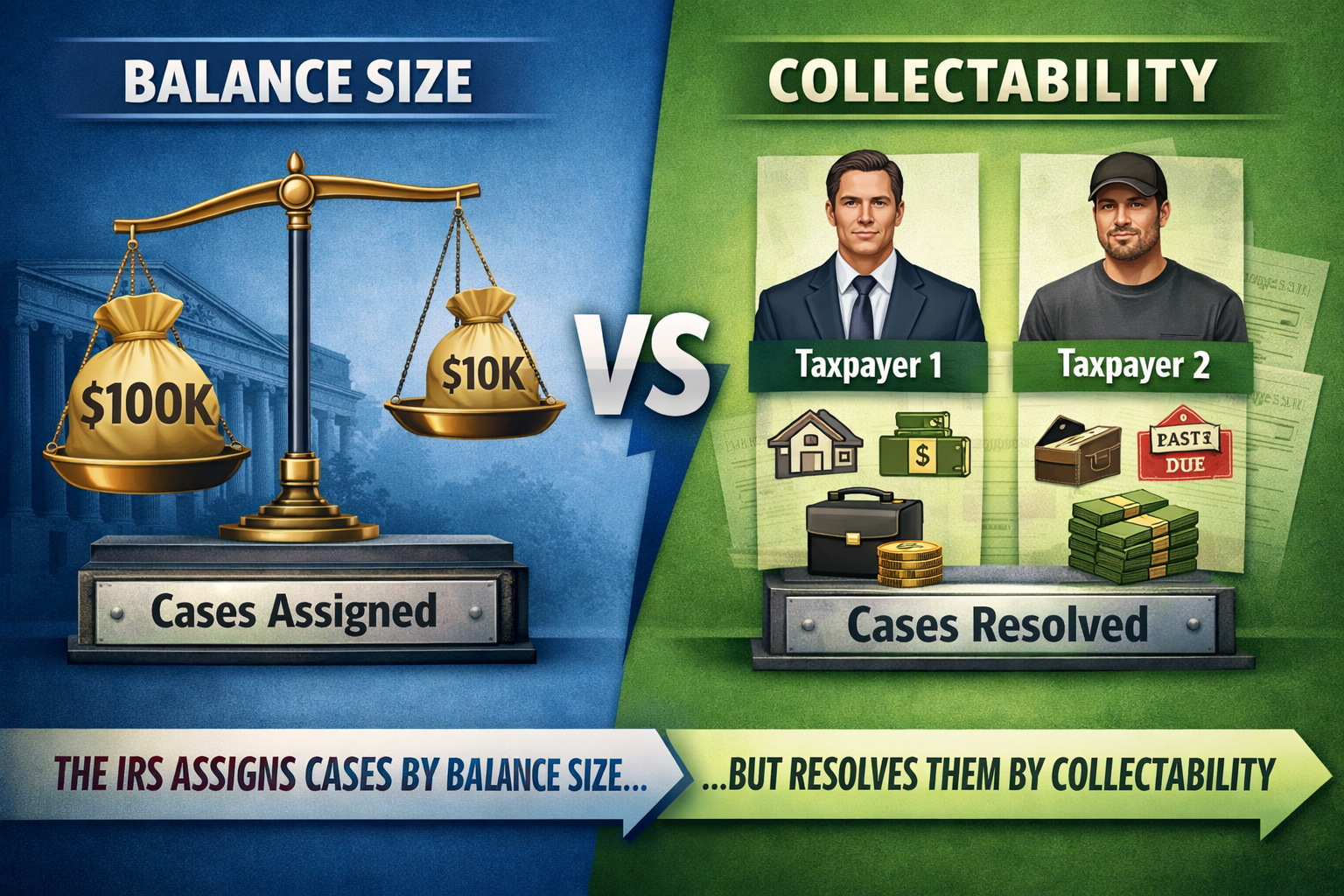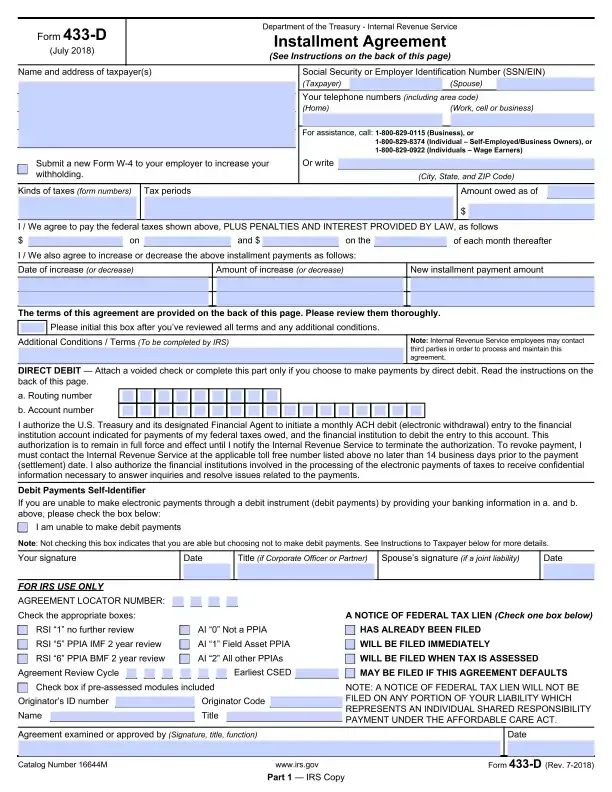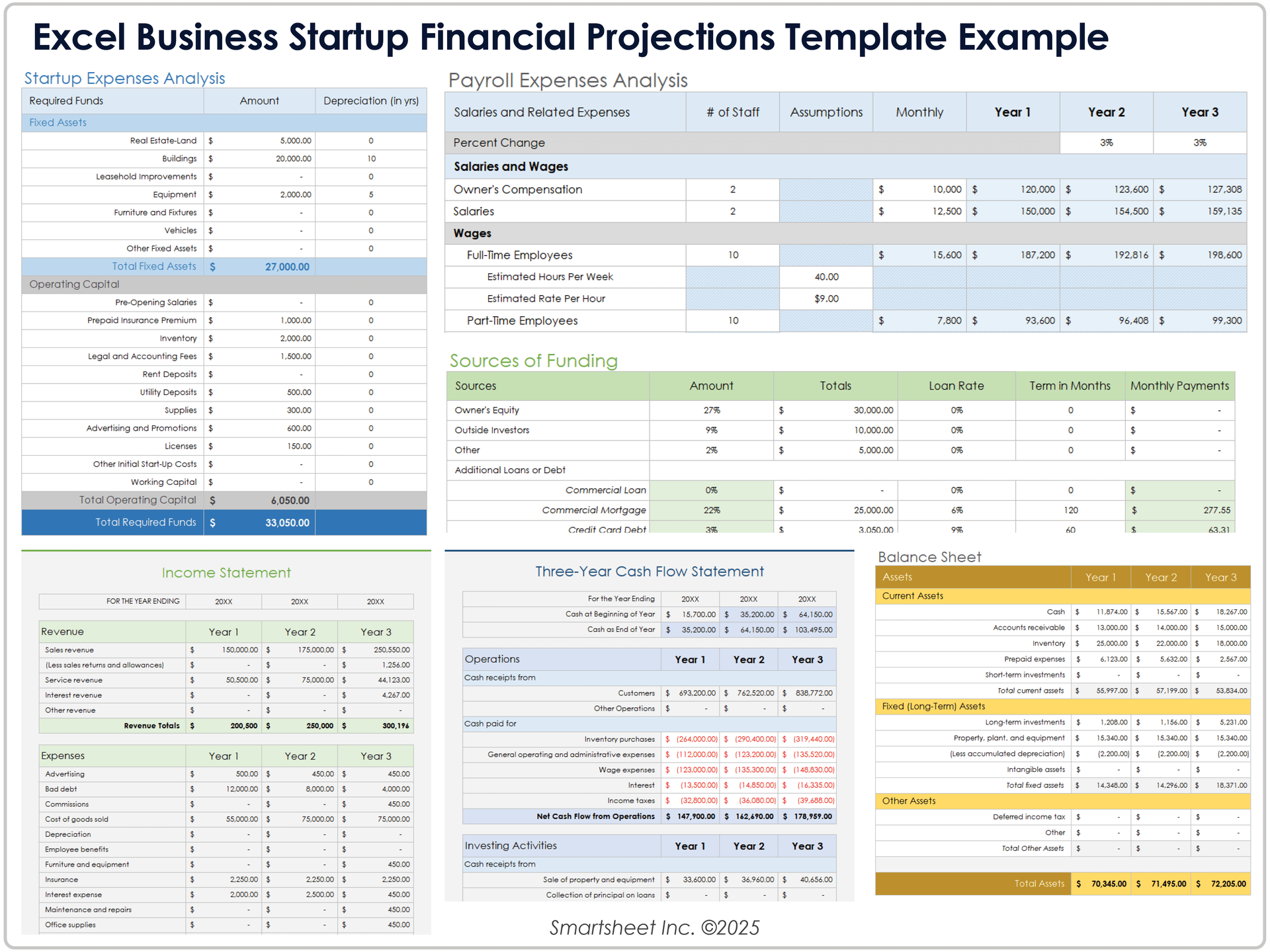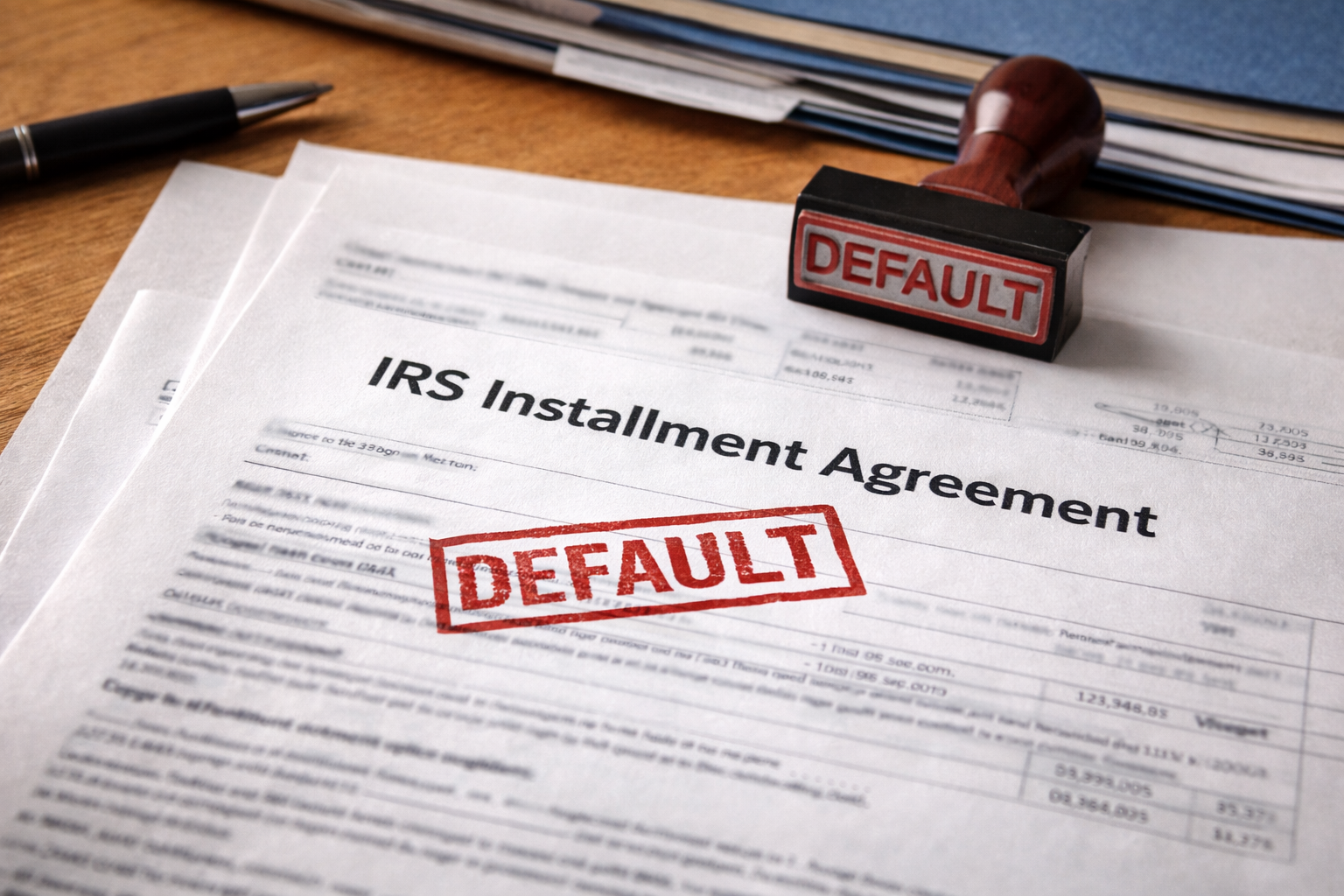IRS Said No? Here’s What to Do If Your Payment Plan, OIC, or CNC Request Gets Denied

Getting a denial from the IRS—whether it’s for a payment plan, an Offer in Compromise (OIC), or Currently Not Collectible (CNC) status—can feel like a setback, but it’s not the end of the line. The IRS has formal procedures for challenging decisions, and knowing the right type of appeal makes all the difference.
Step 1: Understand Why You Were Denied
Every IRS denial comes with a letter explaining the reason. Common issues include:
- Missing returns
- Incomplete or inaccurate financials
- Unrealistic payment proposals
- Non-compliance with current tax obligations
Fixing the problem may be enough to reapply successfully—but you might also be entitled to appeal.
Step 2: Know Your Appeal Options
Let’s break down the three key types of appeals and when to use them:
- Offer in Compromise Appeal - If your OIC is rejected, you have 30 days to file an appeal using Form 13711 (Request for Appeal of Offer in Compromise). This goes to the IRS Independent Office of Appeals, a separate division designed to fairly review cases. You can present new financial information and argue your case without having to go to court.
- Appeals Hearing (Collection Appeals Program - CAP) - If your Installment Agreement is denied or terminated, or your CNC status is rejected, you can request a CAP appeal using Form 9423. CAP appeals move quickly, but don’t allow you to challenge the underlying tax debt. They're good for negotiating payment terms or correcting procedural errors.
- Collection Due Process (CDP) Hearing - If you receive a Final Notice of Intent to Levy or a Notice of Federal Tax Lien, you have the right to request a CDP hearing by submitting Form 12153 within 30 days. This is your strongest appeal option—it lets you challenge the collection action and propose alternatives, such as an IA or OIC —and it pauses most collection activity while the appeal is pending.
Step 3: Fix and Refile (If Needed)
If an appeal doesn’t make sense or your situation has changed, you can often reapply. Just be sure you:
- File all missing returns
- Get current on new tax obligations
- Provide accurate and updated financial info (Form 433 series)
Final Takeaway
An IRS denial isn’t a dead end. Between CAP appeals, CDP hearings, and OIC-specific appeals, you have multiple ways to fight back—or at least regroup and reapply smarter.
If it’s gotten this far, it might be time to bring in a tax professional who knows the system. The right help can make the difference between spinning your wheels and finally getting relief.









